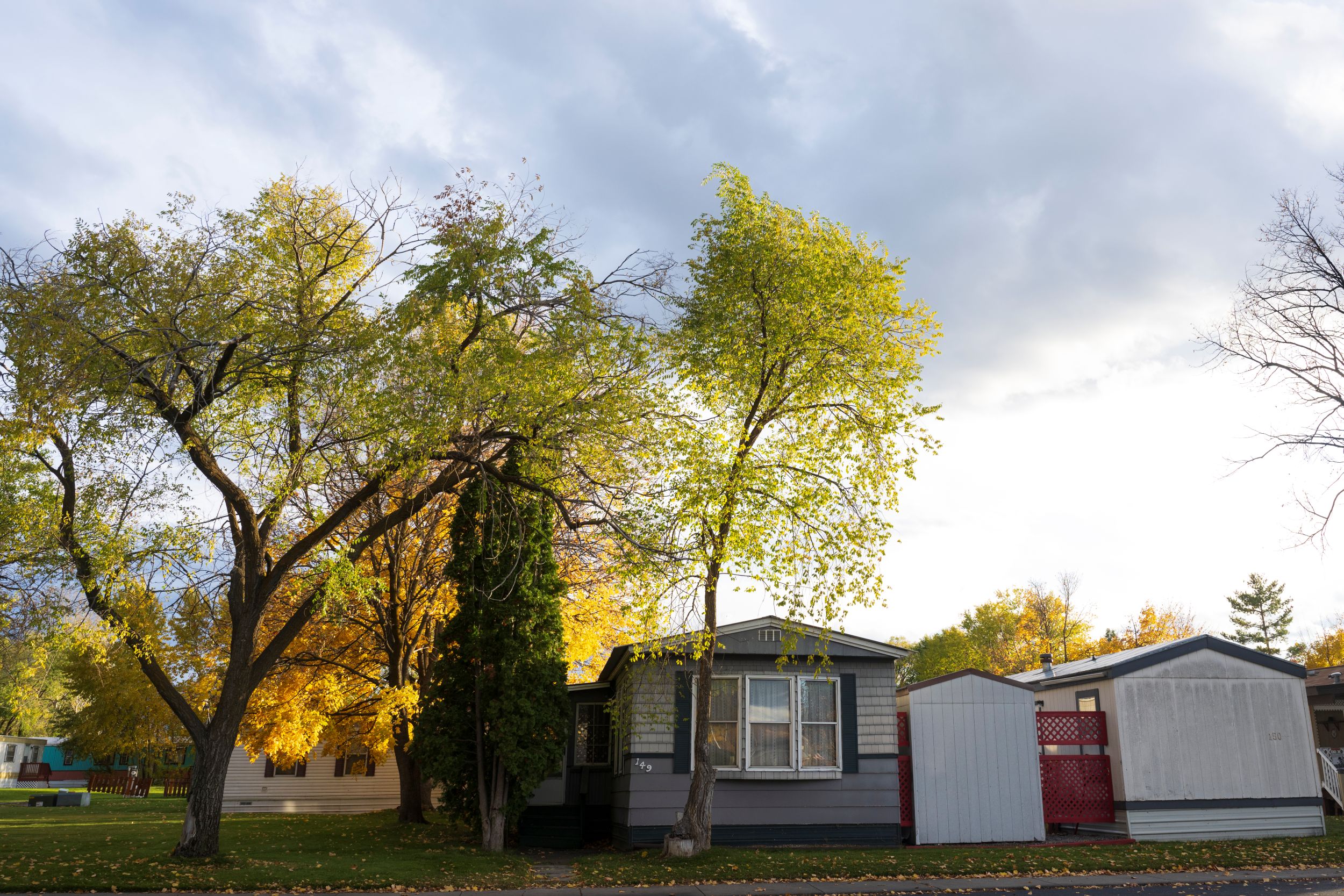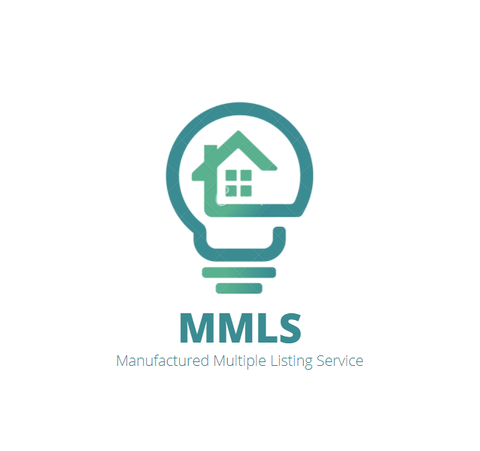- Determine Your Budget
- Before you start looking for a mobile home, evaluate your financial situation and determine how much you can afford. Consider not only the cost of the home, but ongoing expenses such as lot rent, utilities, and maintenance.
- Find a Reputable Mobile Home Dealer
- Look for established mobile home dealers or manufacturers with a good reputation in your area. Check online reviews and ask for recommendations from local residents.
- Choose the Right Mobile Home
- Select a mobile home that suits your needs and preferences. Consider factors such as size, layout, features, and energy efficiency.
- Research Zoning and Land Regulations
- Contact your local planning or zoning department to inquire about zoning laws and land use regulations. They will guide you on where and how you can place a mobile home.
- Secure Financing
- Determine your financing options, starting with your credit score and explore your options: loans, mortgages, or personal savings. Consider contacting local banks, credit unions, or specialized lenders that offer mobile home financing.
- Apply for Necessary Licenses
- Work with your local building department or relevant authority to secure any required permits for installing a mobile home on the land you chose. Permits may include zoning, building, and utility connections.
- Review Manufacturer and Installation Standards
- Ensure that the mobile home you're purchasing complies with industry standards, such as those from the Department of Housing and Urban Development (HUD) for manufactured homes.
- Inspection and Valuation
- Consider hiring a qualified inspector to assess the condition of the mobile home. An evaluation may also be necessary if you're financing the purchase.
- Review the Mobile Home Sales Contract
- Carefully read and understand the sales contract provided by the mobile home dealer or manufacturer. Seek legal advice if needed.
- Complete your Purchase
- Once you're satisfied with the mobile home, have financing, and obtained all necessary permits, then you can finalize the purchase.
- Arrange for Delivery and Setup
- Work with the dealer to arrange for the delivery, installation, and setup of the mobile home on your lot. This process should comply with local regulations and safety standards.
- Connect Utilities
- Coordinate with utility providers to connect electricity, water, sewage, and any other necessary utilities to your mobile home.
- Insurance and Warranties
- Obtain the appropriate insurance coverage for your mobile home and inquire about any warranties provided by the manufacturer or dealer.
Remember that the process of buying and placing a mobile home can be complex, and it typically involves various legal and regulatory considerations. Consult with local experts and professionals who specialize in mobile home sales, financing, and zoning to ensure a smooth and legally compliant transaction.

